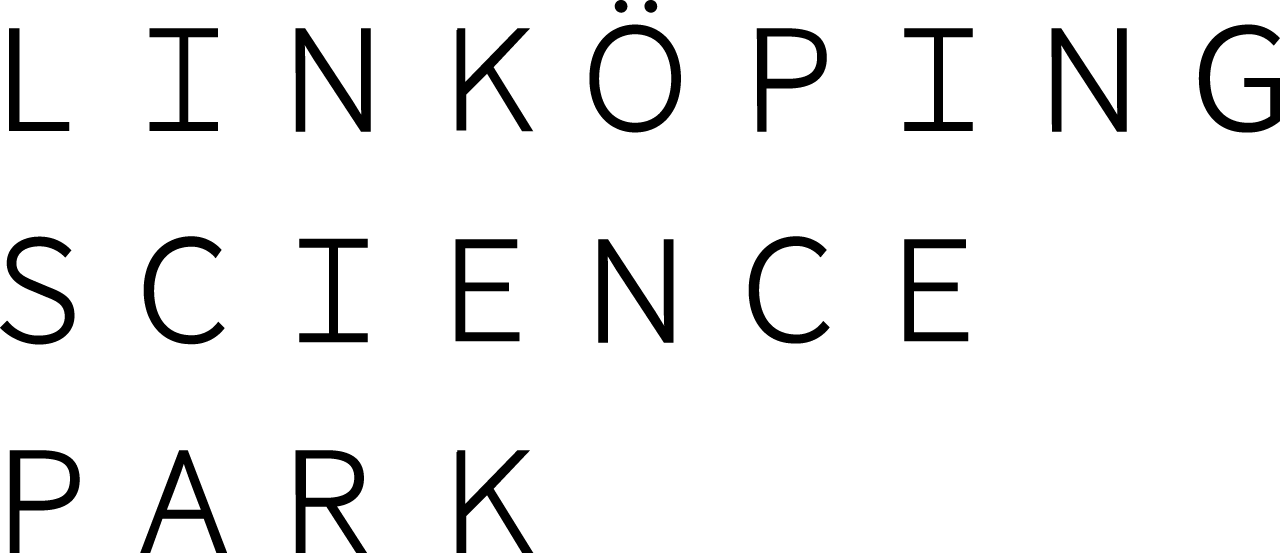Linköping-based iMatrics found its foothold in the university sphere and has expanded its reach to all corners of the world. With state-of-the-art expertise in Big data, machine learning and applied mathematics, their cloud-based service for data and text analysis bridges both language and country barriers.
Keeping close to the university and the region’s innovation support system, iMatrics can consolidate its position as a strategic, digital partner for its customers. The company took its cue from Linköping University’s technical competence, honed the business through the business incubator LEAD and is now infusing its growth potential through the accelerator program Swedish Scaleups. We have met Mari Ahlquist, one of iMatric’s four founders and CEO.
– The idea behind iMatrics came from a combination of ambition and frustration Berkant Savas, lecturer in applied mathematics at Linköping University, had repeatedly encountered difficulties in finding relevant information online. Through his work, he was well versed in the tools already at hand and the extensive research behind both existing and developing solutions. However, the availability, the actual packaging, and with that the real benefit for the individual was not yet available.
A journey through the innovation system
A networking breakfast in Mjärdevi paired Berkant with Mari, who also had a university background from her bachelor’s degree in Mathematics. She was immediately on board with the idea of creating digital tools for accessible and reliable information. That marked the start for iMatrics.
– From the go, we had so many ideas. I usually say that for every idea we progressed, at least seven others were scrapped. By constantly using reference groups, we were able to formulate our problem statement and scale the ideas down to the actual needs.
Their work with automated text analysis brought them to the publishing industry, which at the time experienced issues with online hate, in particular when moderating the online comment sections. Many publishers had seen themselves forced to completely close that channel between reader and writer.
– We met with various editorial offices who all confirmed the problem but shared a reluctance to pay for an automated service. That was a good lesson for us, in that the actual need can be something other than what we anticipated, even if we have identified the problem. Instead, one editor asked; “As experts in text analysis, can you solve our tagging and metadata?”
It turned out that each published article was tagged with different topics, done manually according to the writer’s own aptitude. This in turn led to highly variable and ultimately unusable data. This was how iMatrics found its current focus, to digitize, automate and structure the tagging of news media.
– The close connection to the university and the innovation system around Mjärdevi has both offered support through several stages of business development and acted as a recruitment pool. When we got the assignment, two graduate students from the Master of Science in Information Technology were assigned to us. Together, we were able to produce a pilot project which was soon developed into a full software service (Saas).
The software service exceeded all expectations and made a big impact in the industry. Merely a quarter after the service was launched, it had become more efficient than the general journalist, and meant a huge stress relief in the daily press work. More clients in publishing and news media joined the same year.
The two students were John Bengtson and Christoffer Krona, today co-founders to iMatrics and vice president and CTO respectively. With their combined expertise, the company now had the support of the very latest technology, outstanding research, and a solid foundation in mathematical excellence. Above all, they shared a passionate commitment to creating concrete value for the society and the individual.
The challenges of internationalization
With a solid software solution and stable customer base in Sweden, the ambition to explore new markets grew. The first international customer came from the Netherlands, in part a result of the collaboration with Business Sweden, which offers advice for SME companies that are about to expand their business internationally.
– At the end of the same year, we also took in an investment with the aim of strengthening international establishment and consolidating the thesis that iMatric’s solution is completely language independent.
The investment landed just in time for Christmas 2019, and quite soon after that came the Covid-19 pandemic. With the digitization that followed restrictions and lockdowns, came an opportunity for international growth and two new established markets soon became 8.
– We have really grown stronger during the pandemic. Throughout the pandemic (2020-21), we were able to hire additional staff and are today a team of ten highly skilled people.
Internationalization surely presents some challenges. iMatrics is in a maturing industry, which means that the whole market is not yet accessible.
– We often attract the so-called “first movers” in the respective markets, which makes it more difficult to activate additional customers in that same country. We are also based in Sweden, which for example can complicate customer support in other time zones. This poses some challenges for the organization we are today.
Having already went through several steps of the innovation system in Linköping, Swedish Scaleup’s accelerator program became iMatrics natural next step.
– A main goal for 2023 is to establish new business in two more countries and reach a 10-digit number of countries. To iMatrics, the growth plan is the core of the accelerator program. Through the coaches’ competence and guidance, we can become truly ground-breaking.
Quick questions for iMatrics
What are your main drivers?
– iMatrics has three core values; sustainability, which means both our responsibility to the environment and society but also how we act as an employer and fellow human being, commitment to what we do and to our customers and excellence that stands for the high quality and expertise that make up our offer.
What impression will iMatrics make?
– Our mission is to make the media industry data-driven, but the ambition is to also become the pride of the East region and Sweden, like the great ones IKEA, Volvo, and Spotify.
Thoughts on Linköping and East Sweden?
– Linköping and the entire Eastern region offer great value for business establishment with its extensive network, rich technical expertise, and readily available support system. The region’s innovation system is incredibly fast-paced and the close connection with universities forms a good recruitment pool for new businesses.
Facts iMatrics
Product: Cloud-based automatic tagging software service targeted at publishers and news media
Founded: 2015
Turnover: SEK 7 million, 2022
Location: Linköping
Founders of iMatrics

Berkant Savas, Ph.D.
Idea owner and founder of iMatrics. Chairman of the board. Lecturer in applied mathematics at Linköping University.
Mari Ahlquist
Founder and CEO, Bachelor’s degree in Mathematics
John Bengtson
Founder and Vice President, Master of Science in IT
Christoffer Krona
Founder and CTO, Master of Science in IT









